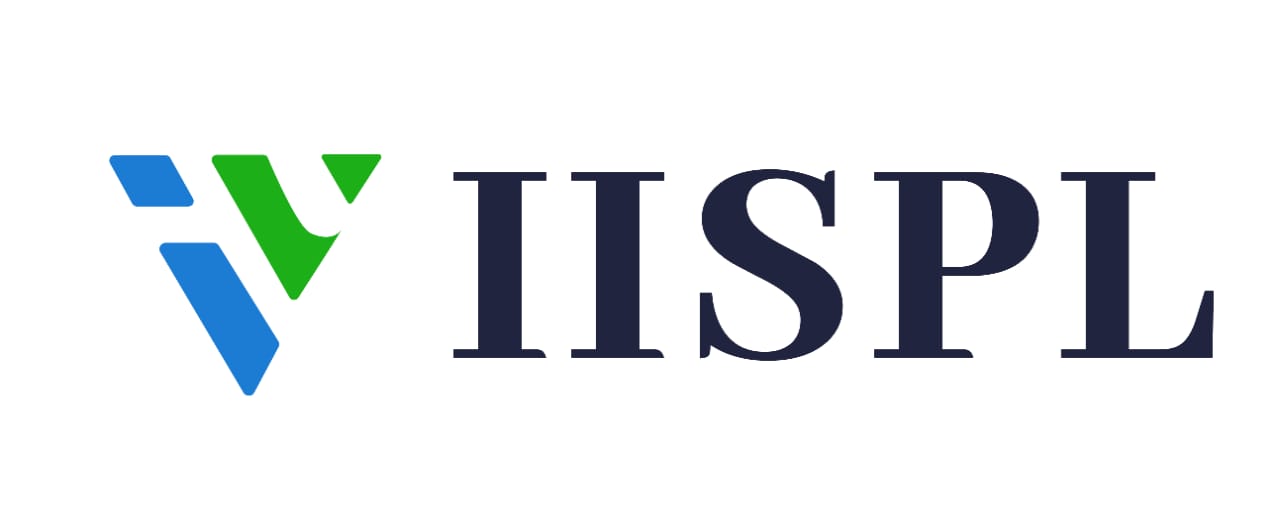How can Indievisa help you in obtaining your study visa to Canada?
Our experienced team of immigration consultants is committed to assisting you throughout the application process and ensuring a smooth transition to your desired Canadian institution. Here's how we can assist you:
Expert Advice
We have in-depth knowledge and expertise in Canadian immigration policies and procedures. We stay updated with the latest regulations and requirements, enabling us to provide accurate and reliable advice tailored to your specific needs.
Assessment and Eligibility
We assess your profile and academic qualifications to determine your eligibility for a study visa. We carefully evaluate your documents and provide guidance on any additional requirements or steps you need to take to enhance your chances of a successful application.
Documentation Assistance
We guide you in preparing a comprehensive and organized set of documents required for your study visa application. Our team reviews your application package, ensuring that all necessary forms, transcripts, letters, and supporting documents are correctly filled out and submitted within the specified timelines.
Application Preparation
We assist you in completing the study visa application forms accurately, paying attention to detail and ensuring all required information is provided. We help you craft a compelling statement of purpose that highlights your academic aspirations, career goals, and motivations for studying in Canada.
Visa Application Submission
We handle the submission of your study visa application on your behalf, ensuring that it is completed accurately and submitted within the designated timelines. We monitor the progress of your application and liaise with the relevant authorities to address any queries or requests for additional information.
Post-Approval Support
Once your study visa is approved, we assist you with important post-approval procedures, such as obtaining a study permit, understanding health insurance requirements, and providing guidance on arrival and settlement in Canada.



 Trent University
Trent University

